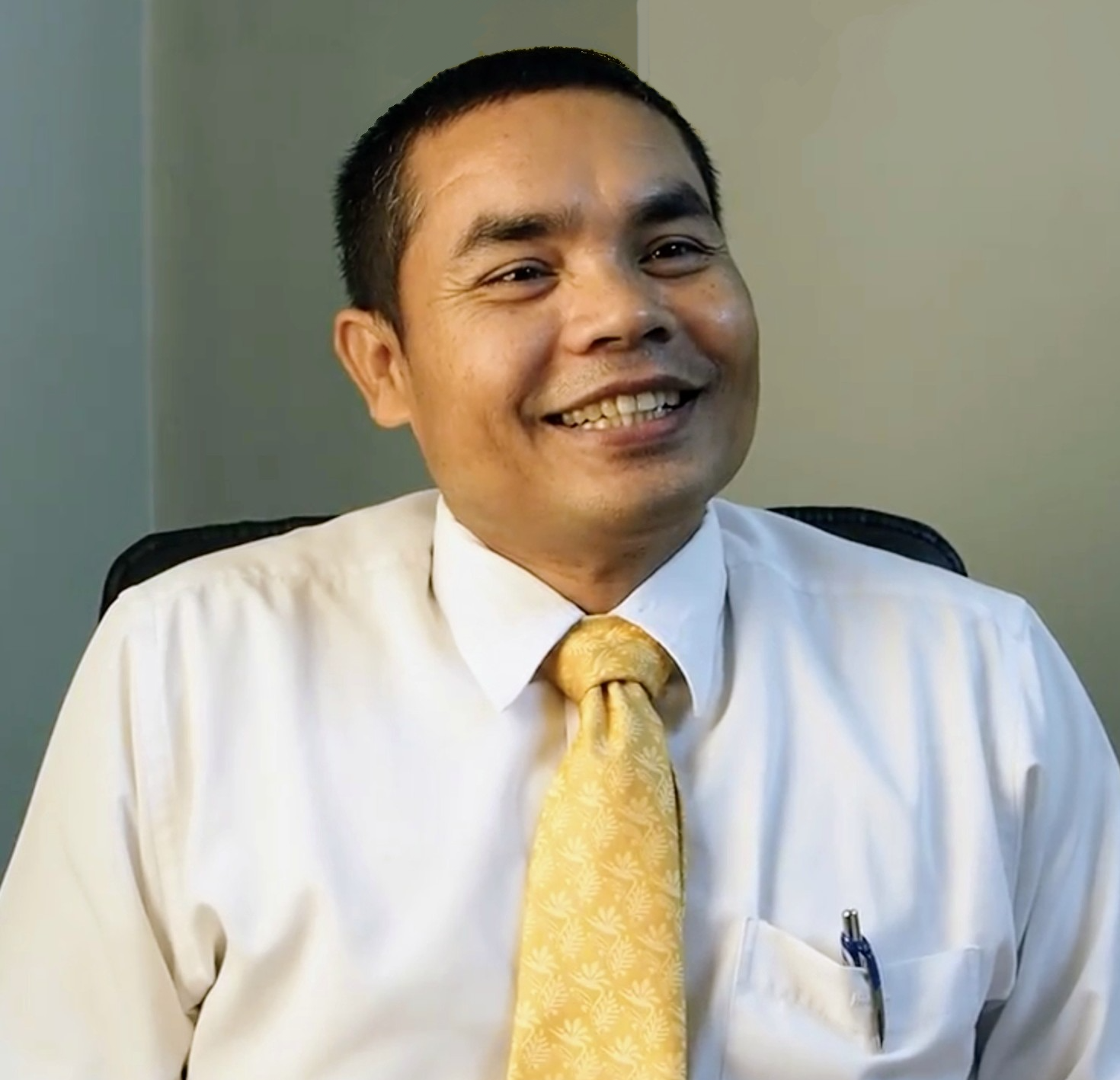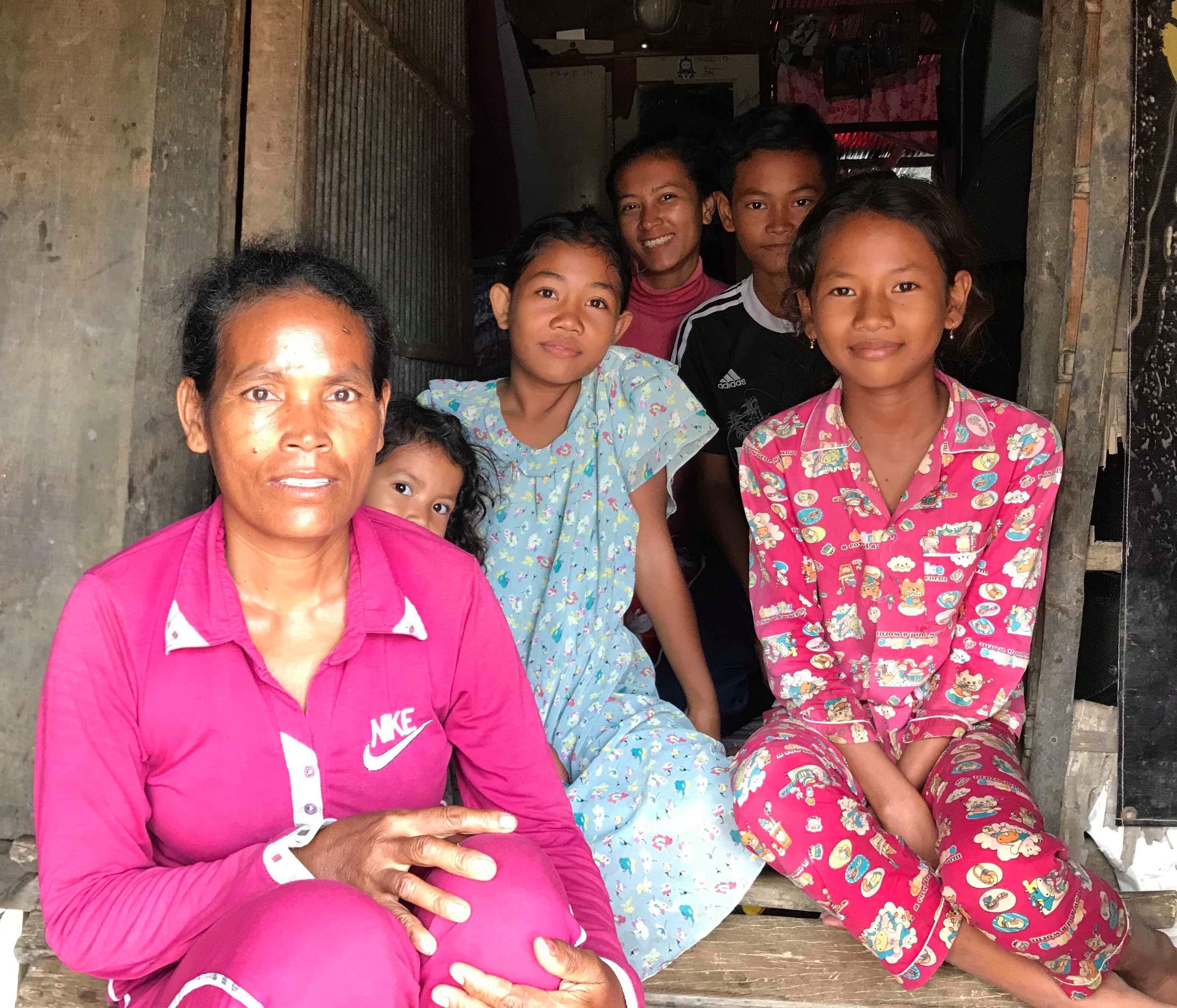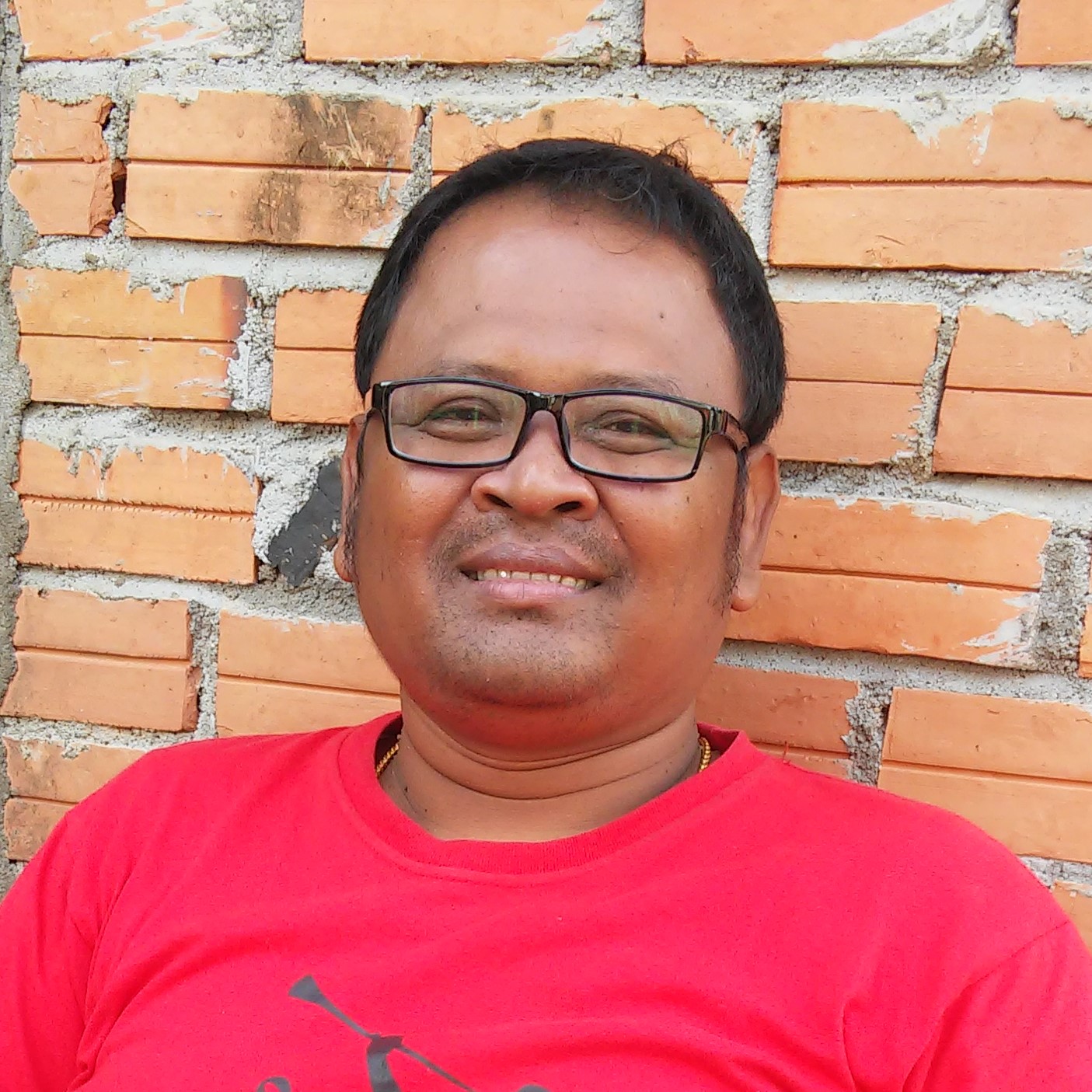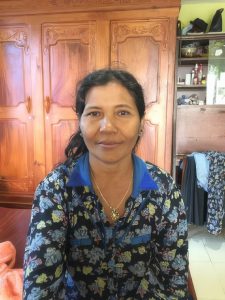One of the most exciting highlights for the COHP team this year has been to see the acceleration of our translation efforts. In the last month alone, our translation team has been able to translate and publish 11 new translations! All of these projects were handpicked by our translation team members because they knew the interviewees personally, or were chosen by our translation coordinator so we could feature some of the most compelling interviews we have in our database. Because this has been our most productive year in terms of translation so far (with many more months yet to come!) we wanted to share just a few of stories that touched us through the process of translation and publication. We encourage you to read these unique stories and hope that you will enjoy them just as much as we did!

Touch Sophorn is a native of Battambang who decided to strike out on his own after surviving the Khmer Rouge and lived in the Thai camps until his repatriation in the 1990s. During his interview, he shares a diverse set of experiences about his life from his childhood during the war, to his return and subsequent missionary service in Sacramento California. At the conclusion of his interview, he also took a moment to share some lessons he learned in his own life. Here’s what he had to say:
Without endurance and without patience, our lives are devoid of goodness. When storms arise—when the sky turns gloomy and rain pours down, I always praise those moments… A clear sky may be pretty, with the sun shining, it’s true! But I don’t express much admiration for a clear sky. When faced with gloom, we can become even more beautiful than before. Our lives are much the same. Overcoming hardships, acquiring knowledge, and finding purposeful work to do— all those things make our lives even more magnificent.
You can read his fantastic interview here: TOUCH Sophorn

Sem Meas’ life history has been one of the most profound stories we have been able to share here at COHP. In this unique interview, Sem Meas goes into great detail about being dragged away by the Khmer Rouge from her foster parents, and then escaping her mobile unit and being on the run from the Khmer Rouge with five friends, all while seeing the horrors of the genocide displayed before her. While her life after the conclusion of the war was still filled with adversity, Sem Meas instead focuses on sharing the small moments of triumph she had despite her difficult circumstances.
One of these moments occur upon being freed by the Vietnamese, when she was compelled to get up in front of a crowd and sing, accompanying a group of people beating on barrels and crates. This event, which happened at the very spot the Khmer Rouge used to punish people is one of the many powerful “vignettes” captured in Sem Meas’ interview, who continued to endure various other trials, but who still sought solace despite the circumstances of her life. Here’s the advice she wanted to share with her descendants:
I have some words of advice I want to pass on to my descendants… I ask you to do everything you can to make your life good and right. Don’t do wrong things that hurt society. Life is all about the choices we make.
You can read about her experiences here: SEM Meas

Kov Vongdy is a respected doctor and lives together with his wife and children in Kampong Cham. Due to the 1970 coup bombing, he fled to Phnom Penh but was forced to return to Kampong Cham after the Pol Pot regime began. While hopeful that returning to Kampong Cham would lead to his family’s survival, their residence there inevitably led to continual suffering and the deaths of many of his family members. Here’s what he had to say about his experiences during the Khmer Rouge:
Our sorrows and difficulties were beyond imagination during those three years, eight months, and twenty days. The Khmer Rouge treated us like enemies, never making life easy for us. Instead, they inflicted torture upon my family… I feel that it was a blessing from God that I survived and was able to stay on this earth.
He ultimately survived to recount his difficulties and occasional good stories in this compelling interview. You can read his story here: KOV Vongdy

Khuan Sareaun was a native of Kampong Cham who endured the upheaval of the Lon Non and Khmer Rouge eras as a youth and lost her father after he was taken by the army after their village was bombed. In this intimate interview, she describes many of her difficult experiences living in a turbulent countryside during and after the war, as well as many of the experiences that have brought her great joy despite the hardships of her life.
At the conclusion of her story, the interviewer asked her what she wanted to share with her descendants because she had been through so many experiences, to which she replied,
Oh, experience comes to everyone. We must learn to how to be patient, and learn how to endure in our lives. No matter how difficult it may be, we can endure. We must endure until we succeed!
You can check out her unique story here: KHUAN Sareaun

Tum Tevy is a native of Siem Reap who was born in the middle of the Pol Pot regime and fled to Thailand after some of her family was imprisoned. In this interview, she shares her personal experiences living in the Thai refugee camps and being repatriated back to Siem Reap. While her story is a bit different from many of the interviews we receive here at COHP, her experiences provide valuable insight into the lives of those living in the wake of the wars in Cambodia. Despite her difficulties, she shares how she keeps perspective in her life:
I haven’t had any unbearable trials or anything yet in my life… We might that think we are struggling whenever we go through things—for example, our kids may be sick and we have to take them to the hospital. But along the way, we might see someone who is struggling more than us. [That helps me understand that my burdens] are light.
You can read more about her life’s story here: TUM Tevy
——
We would like to express our gratitude to Devon Crane, Ethan Arkell, and Thomas Barrett for all their help in translating and publishing these fantastic stories! Thanks also to the Brigham Young University College of Humanites for its generous support of this translation effort. We invite you to read some of our other recently published interview translations:
Yeum Din, Meas Chhailim, Ton Chanly, Reth Vannak, Lang Paul, Mov Sophoas

